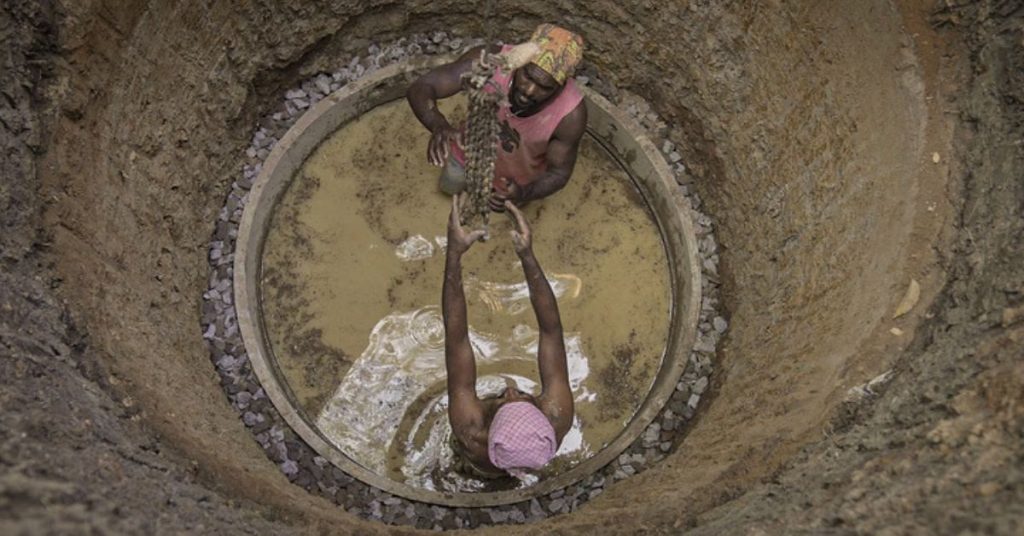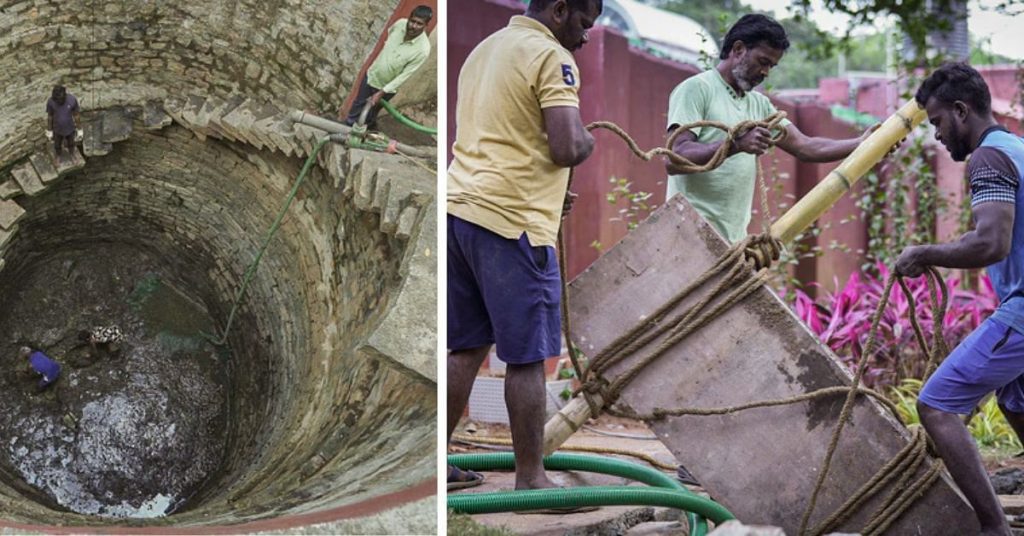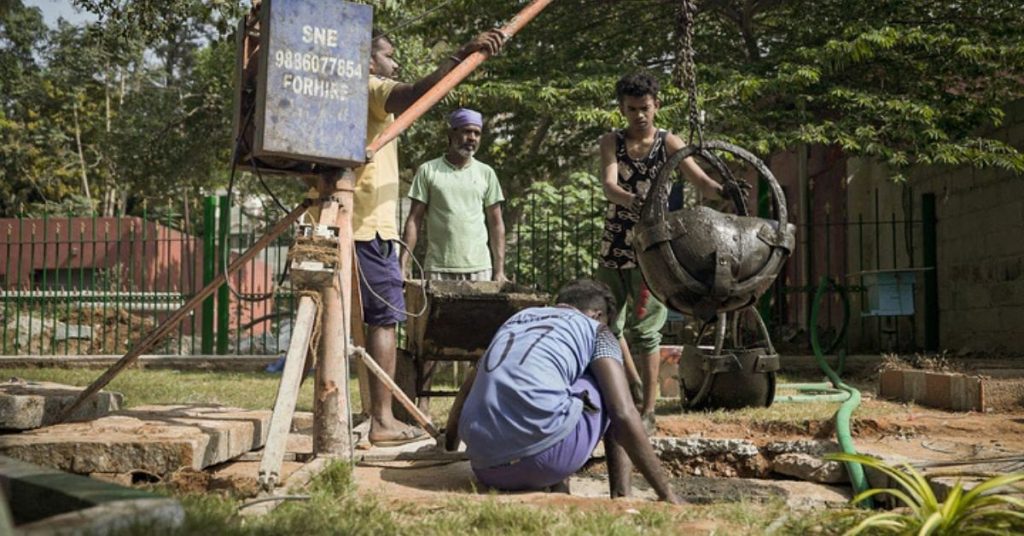How a Developer Is Helping Make Bengaluru Water Secure One Well at a Time
Is living here going to be sustainable?”
When the leaders of the Puravankara Group began hearing this question from not one but several homebuyers, they realised that there was a growing eco-consciousness across the country. It signalled that individuals were starting to pay serious attention to climate change and preferred an eco-friendly living experience.

For a company that has been building homes for the past 47 years, sustainability has been at the forefront of its operations. And this rising environmental awareness among homebuyers, further strengthened the company’s sustainable goals.
Their constant endeavour is to develop the urban landscape while adopting sustainable practices and having a positive impact on the communities in which they operate. Their ‘pursuit of excellence extends beyond the four walls of the home’, as Amanda Puravankara, Executive Director, Puravankara Group, puts it.
Building a better world
“Depleting groundwater levels and climate-driven factors have put a strain on the city’s water systems,” says Amanda. She further highlights that while sometimes it is the lack of water that plagues the city, other times it is the opposite — urban flooding.
“As a responsible corporate, we can have the best rainwater harvesting systems in every building that we construct. But one thing that we, or anyone else, cannot do is create or generate water,” says Minol R. Ajekar of the Puravankara Group.

This fuelled their commitment to introduce long-term interventions that would help mitigate the city’s water crisis.
To achieve this, they focus on partnerships with credible and trusted experts who work in the water management movement. “We chanced upon the Million Wells campaign, envisioned by Vishwanath Srikantaiah – the Founder Trustee of BIOME Environmental Trust,” says Amanda.
“The BIOME Environmental Trust is a group that focuses on research and policy advocacy in areas of water, energy and sanitation and we partnered with them in order to achieve our goals for water management in the city,” she adds.
Puravankara decided to partner with BIOME on their Million Wells campaign. This involves constructing and rejuvenating various open wells across Bengaluru, which included digging an open well and recharge well at Forest Office, Madiwala Lake, rejuvenating a stepwell in Lalbagh, and conducting a rooftop rainwater harvesting project at Sonappanahalli Government School. In addition to this, an existing well has been rejuvenated at Rest House Park, Crescent Road, along with the construction of recharge and open wells.
Empowering a community
Through these initiatives, Amanda says, they also were able to empower the Mannu Vaddars — a traditional well-digging community, whose ancestral livelihood had taken a hit when the borewell culture captured the city.

Ramakrishnappa K R, who is one of the well diggers, says that these new projects have enabled them to secure their livelihood.
“Initially, we used to dig wells in Bengaluru, but now we are getting requests from Tamil Nadu, Andhra Pradesh, Mysuru,” he says.
To date, the community has revived around 10,000 old open wells and 200,000 recharge wells.
Purvankara has stood strong with BIOME at every step of this journey.“We have lent support to BIOME in seeking approvals from the requisite authorities while making accommodation arrangements for Mannu Vaddars,” Amanda says, adding that they set up educational information boards across the water conservation projects to strengthen public awarenesson water conservation.
Here’s an insight into what they have achieved so far through the Million Wells campaign.
A journey of a thousand miles begins with a step…
The Million Wells Recharge Campaign
The campaign began in 2010 and had the intent to solve the problem that seems to plague Bengaluru at yearly intervals — lack of water.
This is ironic for a city that receives 3000 million litres of rainwater.
The scheme focuses on tying existing infrastructure, such as the wells in the city, with new infrastructures such as aquifers and open wells.
The aim was to build more recharge wells across the city by having people from the Mannu Vaddar community dig these. These are then connected to the rooftop rainwater so that they can get recharged and thus be more productive.
The goal is water security, the source is rainwater, the aquifers and open wells are checkpoints through which people can gain access to this stored water,” explains Srikantaiah, adding that aquifers are a portion of the Earth that can hold water and release it, similar to a sponge.
The city has 4 lakh borewells and 20,000 open wells. If a million recharge wells put water into the aquifer, these can come back to life.
Having started with Bengaluru, the Group aims to introduce sustained and long-term water interventions across the country.
“Through these and other projects, we will continue to weave water conservation into our social development DNA,” says Amanda. “We are deeply committed to making India water-secure and building a sustainable future for our planet and her people.”
Credits:- The Better India







